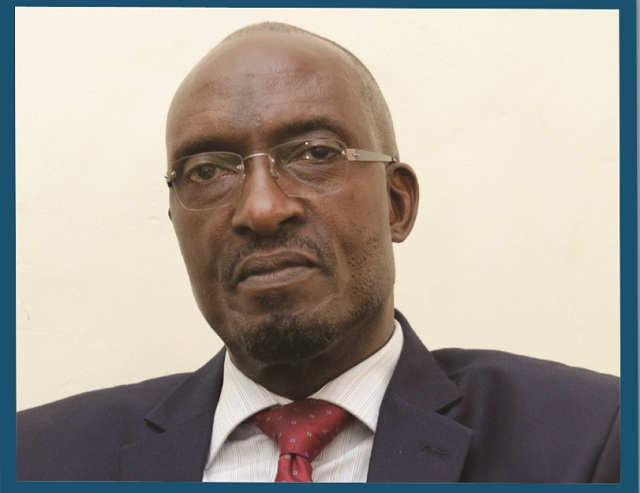
Mohammed Sserunjogi is the executive director at the Uganda Halal Bureau. He spoke to The ndependent’s Isaac Khisa about the extent of certification in Uganda.
For nearly 10 years, you have been offering halal certification for companies and products. Whose standards are you implementing?
We are implementing the Uganda National Bureau of Standard’s standards. It is not our standards. Regrettably, we have seen companies coming up and claiming to be selling halal certified products yet they are not certified. We have had discussions with UNBS on how we are going to deal with that. In the meantime, we are trying to sensitize consumers on how identify such products.
What is the level of Halal Certification in Uganda at the moment?
We are in the early stages of certification. Luckily, Uganda is one of the countries in the east Africa that has developed reasonable number of standards. We have done a commendable job looking at the number of certified companies and products. We now have more than 50 companies and 300 products that are Halal certified. Looking around, all the country’s big companies are already certified whereas medium level companies are on their way to certification. We hope to become Halal huh in Sub Saharan Africa in the near future.
Why should a company or product be certified? And is this issue of halal certification intends to fulfil the interest of only Muslim consumers?
Currently, halal certification of a company or product is no longer a Muslim issues. This is because every company that is in business is interested in making profits. Therefore, a company that is halal certified gets a huge boost in terms of market penetration due to the trust extended to a product. For instance, more than 70% of halal certified companies in this market are not even Muslim companies. Similarly, a company that is producing various products always want to meet the needs of his or her consumers. This is because a consumers normally buys what they want and not has been supplied. It is also well known a halal certified company tends to offer high quality products. This is because these are the very companies that are ISO certified.
What has been the contribution of halal certification in Uganda?
Every producer at the moment wants to add value to his or her product to be able to compete for the export market.
It is a fact that halal certification is boosting our exports owed to a wider market especially in the Middle East. In addition, we also have companies such as Jesa Dairy Farm whose products are halal certificate even for the local market.
What are some of the challenges, if any, that you face in your operations?
The biggest challenge is that Uganda Halal Bureau is a small organization doing a lot of work yet resource constraint. We do train our staff locally and abroad to strengthen their capacity yet the funds are not enough. We need to develop a halal testing lab given that at the moment, we don’t have one not even in the region. We also have a challenge of fighting companies that are producing products using halal marks yet are not halal certified.
If Uganda doesn’t have a halal testing lab, how do you carryout product testing during certification?
In the meantime, we use labs around upon suspicion that certain products do not meet halal standards. We also carry out a verification exercise for especially of imports to ascertain the ingredients used in the production of those products. Luckily, most of the imports tend to be halal certified.
Who funds Uganda Halal Bureau?
We well-wishers – the companies we offer certification. We charge a small fee for the companies seeking for halal certification.
However, this is not sustainable for the long run in that you can rely on it, for instance to set up a laboratory testing.
What is your leadership style as the executive director?
Incidentally, I am almost everywhere right from being the top supervisor to real participating in performing particular tasks. I am a food and technology specialized, and therefore in case of an outbreak of any complicated surveillance or audit, I do participate in them. This is not that my auditors are not trained.
****
 The Independent Uganda: You get the Truth we Pay the Price
The Independent Uganda: You get the Truth we Pay the Price





